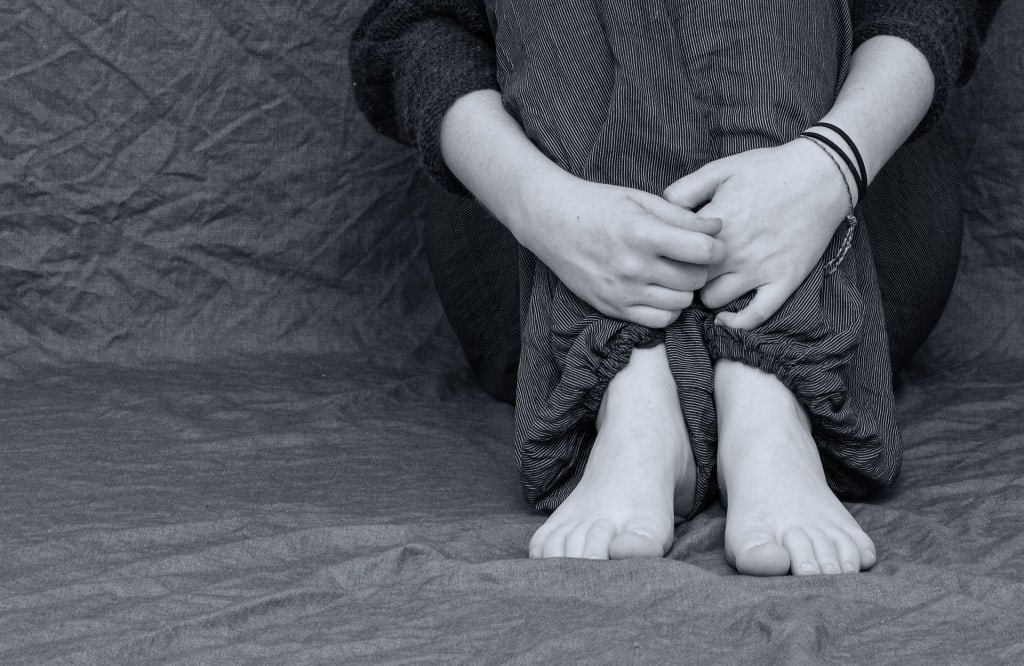
There is still some taboo about rehab, however, it is one of the most effective ways to counter an addiction and despite what you may think, addiction in America is a growing issue with the Surgeon General stating that one in seven Americans will be affected by drug or alcohol addiction, a problem costing the country over $442 billion each year.
So what do you do if you, or someone you love, is affected by an addiction? Rehab is often clouded in mystery and not spoken about, but modern rehabilitation in the US is world-class and offers the opportunity to truly turn around an individual's life.
What should you expect from rehab?
The first thing to say is there is not a ‘one size fits all’ approach to tackling an addiction problem. There are a variety of rehab centers available, each of them offering unique programs tailored to the individual and their needs.
The first basic question is to ask if you wish to look at inpatient or outpatient treatment. Each have their own pros and cons.
Inpatient Rehab
Possibly the most effective program is one where you can be totally separated from your usual surroundings, and in particular from temptation, and the people who may have previously supported your addiction. Of course, it can be a wrench being away from friends and family and it will certainly not suit people who would struggle with childcare.
Another consideration is cost, naturally an inpatient facility is likely to cost more. Your insurance cover may provide for some or all of the costs and there are some state facilities or part-funded options available which can be found on the SAMHSA website.
If you can afford it and do not mind being away from friends and family for a period of time for the good of your overall health, it is likely that you will find the greatest success with an inpatient facility.
Outpatient Rehab
Outpatient care is a much less costly option, however,mit can be less effective, especially as you may find yourself in the same environment and with the same people who have accompanied you on your journey through addiction.
It is a more flexible option which can support childcare for example, however, you can expect the whole process will take longer.
You can review more of the pros and cons of each type of rehab in this excellent infographic.
What to expect in rehab?
If you do decide to go for an inpatient program, what can you expect? Well, it is certainly not an opportunity to waste your time, you will be kept active, starting your day with a healthy breakfast, good diet and nutrition being a central backbone to your treatment!
Each treatment is likely to be as individual as you are, however, on a typical day you may have relaxation like meditation or yoga to allow you to reduce stress. These are perfect skills for post-rehab also, where you can use the relaxation techniques to conquer triggers you may encounter in the outside world.
There are likely to be group sessions where you can share experiences, often it is good to find that this is not a journey you are on alone and the trust built up in a group can build your confidence.
There will also be individual therapies which could follow a number of potential options which may include:
Art Therapy
Art can be used to build creativity and open your imagination, allowing you to communicate and express yourself in a healthy way. Art gives you a new form of communication, allowing you to open up and share experiences which may be difficult to vocalize.
Cognitive Behavioral Therapy (CBT)
This is a treatment first used in the treatment of depression but is now used effectively to help in cases of addiction. The principle is your thoughts, feelings, and behaviors are interlinked. So for example, negative thoughts may lead to negative feelings and behavior. The treatment can help you understand and better control how you react to situations.
Equine Therapy
Grooming, walking with, and caring for a horse can provide an amazing steadying effect. Horses are highly reactive and can act as a mirror for the state of mind of the person who is looking after them. Gently treated the reward is a shared calming affect and companionship.

Of course there are many other treatments ranging from psychology to acupuncture. They all come together to break the cycle of addiction, providing you the mental stability and resilience to move away from needing an addictive substance to survive.
How will I know that I need rehab?
Often you will struggle to recognize you have an issue, however symptoms such as:
- A lack of control of your life and your surroundings
- Cravings for drugs or alcohol
- Problems in your relationships to the people you love and your friends
- A loss of interest in your usual life
- An increased tolerance to the addictive substance, you find you need more to get the same high.
It is at this stage where you can truly start to struggle with your addiction taking over more of your life. The interest you had in sports, music or your work wanes and your health may well be suffering either physically or mentally. You may be at the point where your friends and loved ones are pleading with you to do something.
If you recognize some or all of these issues you can start to ascertain how severe your condition is. It is most important to remember it is not too late to get help and the first step is to recognize that you need that help.
Realizing that you have a problem, that drugs or alcohol has taken over your life can be a shocking moment and may make you want to retreat, however, the way out is to get the help you need.
Will it work for me?
A professional rehab center will create a program completely tailored to your needs and will help you re-engage with your previous life. In terms of how effective such a program will be, the Office of National Drug Control Policy states there are a number of factors which need to be considered to determine the effectiveness of any program. These include:
- Reduced use of drugs or alcohol - using a substance less in general and there are longer periods between relapses
- Improvement in education and employment - less sick days, better grades and engagement with education programs
- Relationship improvements - better relationships with friends and loved ones
- Generally improved health
There are risks of relapse, nobody would ever say totally beating an addiction will be a walk in the park. However, the National Institute on Drug Abuse shows that relapse rates for drug addiction vary between 40-60 percent, similar to the relapse rates of Type I diabetes (30-50 percent) and hypertension and asthma (both 50-70 percent).
The difference is that, with rehab you have been given a series of coping mechanisms and techniques and if the worst does happen and you do lapse, it is generally a simpler process to a rapid recovery. It is no different to any other disease, consider rehab to be your vaccination. It may not completely cure you every time but it helps you fight off the condition.
Research shows most relapses happen in the first six months following rehab so it is worth maintaining a level of treatment with check-up’s and ongoing support. However, it is just as important to build a new, better life for yourself, consider your social life and maybe taking up sports, art, volunteering or other activities to fill the void left by your addiction.
It is here that the support of your friends and family is vital, they can look out for potential issues and help you as you move on with your life. They are your true support network.
Rehab is not an automatic cure, it is something which will help you move away from addiction, build you mentally and physically allowing you the clarity to see what addiction was doing to you and those that you love. Perseverance is still required on your part, however, following rehab you are in a much stronger position.
What Can Your Friends and Loved Ones Do to Help You
The simplest thing is for them to be there for you. Beating addiction is tough, and you will need love and support. They should not judge you or berate you for what you have done. Despite your addiction you have taken the most incredible step and sought help.
Whereas you cannot let them forget about the past, they shouldn't dwell in times when you were addicted. You may have done things you regret, true friends will forgive you, support you, and let you move on.
Addiction is not something you did on purpose, it happened and you have been brave, strong, and conquered it. However, you need to take every small success as a victory, take each day as it comes. If you slip on your path, your friends and loved ones should support you. Don’t forget that you have the medical professionals to support you as well.
Post-rehab you have the rest of the life in front of you, a long journey which may be marred by hazards but you will have the strength and fellowship to get back on track.
About the Creator
Wilf Voss
After a career in event management and marketing culminating in being part of the team which created the London 2012 Olympics. Wilf now runs a seaside ice cream parlour and writes in his spare time.






Comments
There are no comments for this story
Be the first to respond and start the conversation.